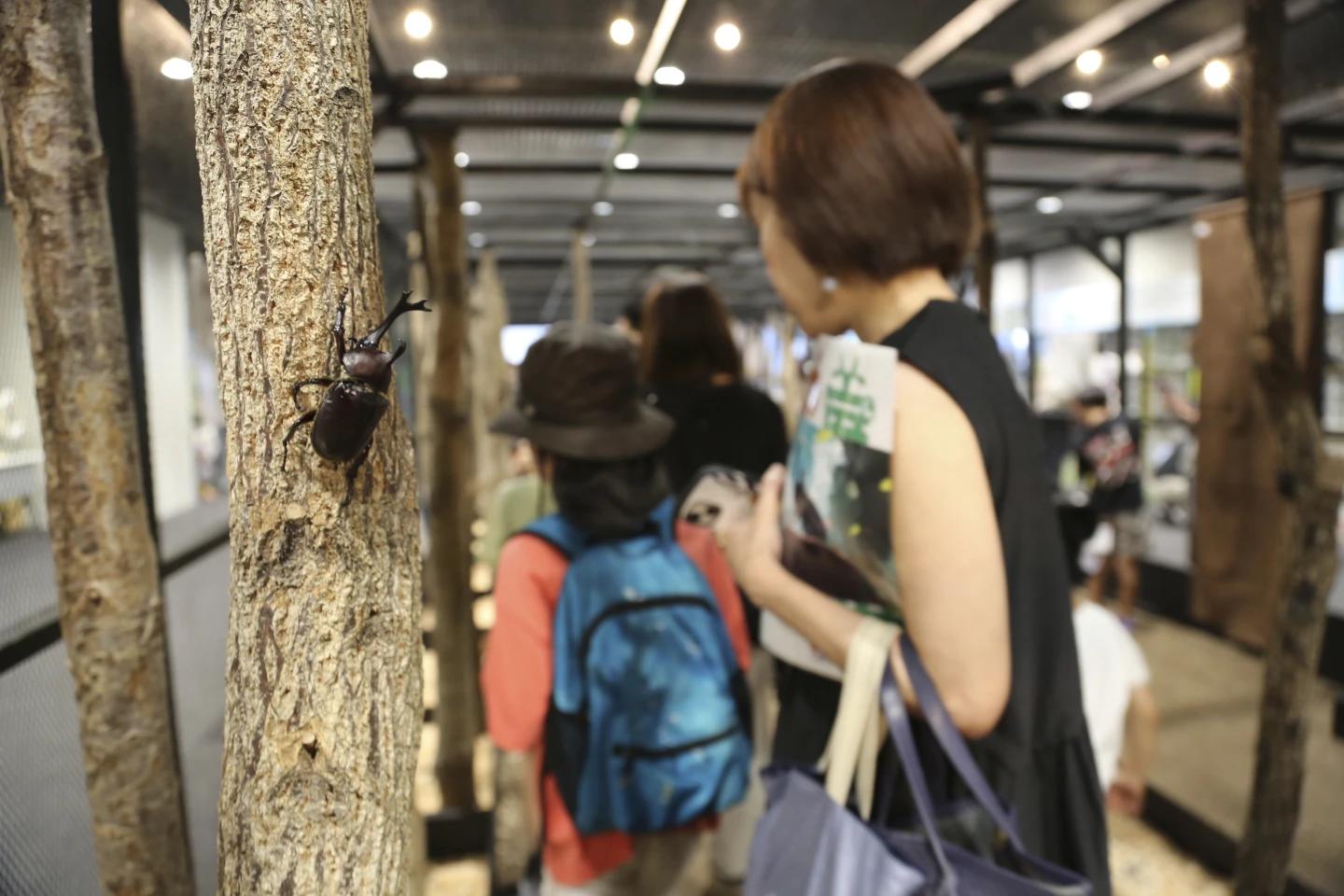Shortly after Pope Leo XIV lamented the declining birth rate in Europe, the cardinal of Tokyo said Japan is also facing a similar crisis.
Speaking to Italian President Sergio Mattarella on Oct. 14, Leo said the decline of the European decline commitment of the government to the efforts of the family, “supporting its efforts, promoting its values, protecting its needs and rights.”
“In particular, I would like to stress the importance of ensuring that all families have the indispensable support of decent work, in fair conditions, and giving attention to the needs of motherhood and fatherhood,” the pope said.
In Rome, Japanese Cardinal Isao Kikuchi of Tokyo said Japan’s birth rate has been significantly low in recent years, with the total fertility rate standing at 1.15 per woman in 2024. Even Italy’s birthrate is slightly higher, at 1.20 per woman.
“As Japanese society ages rapidly, the shrinking child population is evident: Kindergartens and elementary schools are facing a shortage of new entrants, and many private schools are struggling to maintain operations due to insufficient enrollment,” he told Crux.
“Simultaneously, local communities are eroding, and there is a lack of “young Japanese people working in essential sectors necessary to support the society, such as construction, public services, and retail,” Kikuchi said.
According to data released earlier this year, the number of births reached 686,061 in 2024, a decline of 5.7 percent from 2023, and the lowest since statistics were first kept in 1899.
This figure has been dropping for decade. If the trend continues, Japan’s population – currently 124 million – will drop to 87 million by 2070, with nearly half of all citizens over 65.
Current statistics find 431,100 Catholics in Japan, 6,200 of whom are clerics, religious and seminarians. In all, Catholics account for only 0.34 percent of the total population.
Despite its small size, the Church has 828 Catholic educational institutions in Japan. The Jesuit Sophia University in Chiyoda is considered one of the leading universities in the nation.
Kikuchi said the Catholic Church is similarly affected by these demographic shifts, experiencing a decline in membership, and a lack of younger generations to assume administrative roles in parishes, and fewer new vocations.
“As an absolute minority community in Japan, the Catholic Church holds limited influence in changing public attitudes, particularly when the high cost of living in large cities discourages families from having more than one child, or any children at all,” the cardinal told Crux.
“To sustain its social system, Japan requires people from other countries who are willing to work alongside the Japanese, not merely as simple laborers,” Kikuchi said.
“Simply importing temporary workers risks creating a form of modern-day servitude. What is truly needed in Japan are people willing to build society together. Achieving this demands a fundamental change in the mindset of both the government and the general public,” he said.














